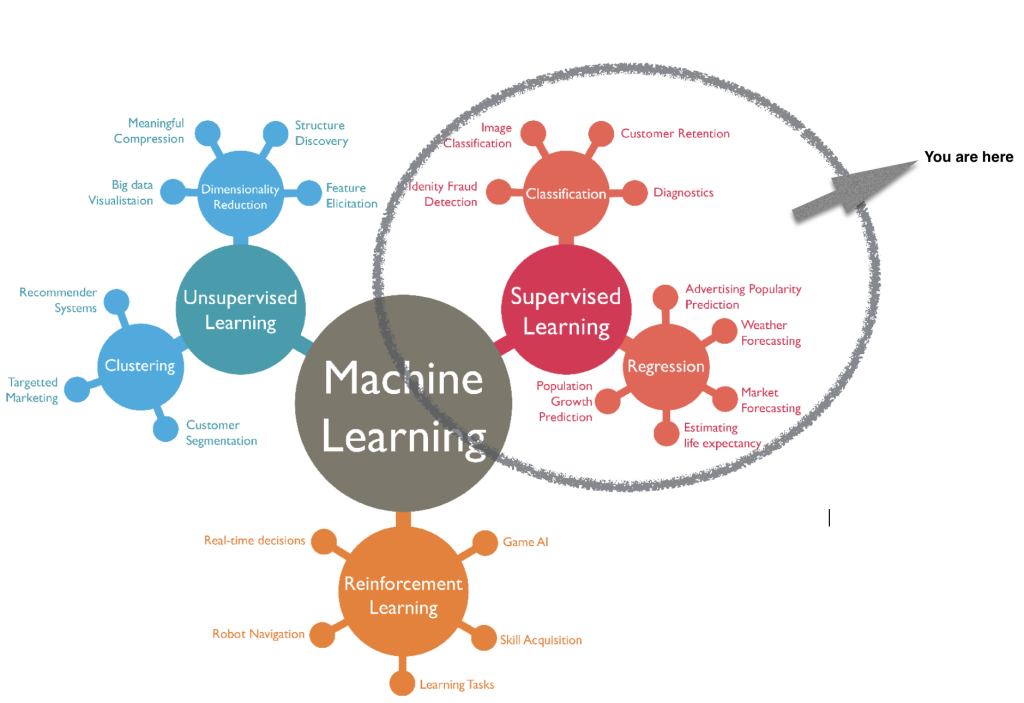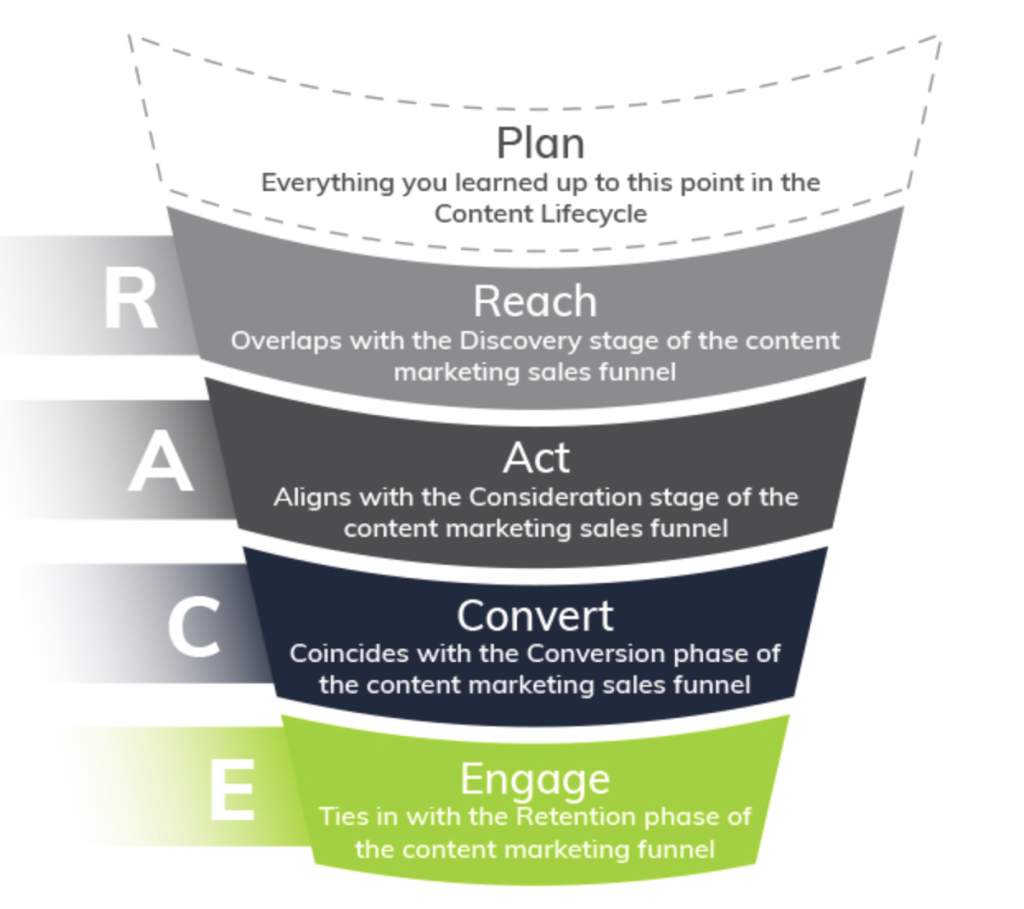Tips for Maximizing the Engagement in Customer Journey for Small Businesses

Given today’s fierce rivalry conditions, engagement in cutting-edge technologies has become a prerequisite on the way of success. While global corporations are likely to easily adapted to these dynamics conditions, it is true that small businesses cannot easily overcome the needs of such technologically marketing practices. In this respect, the blog provides a guideline for small businesses to understand these emerging concepts for their competitiveness against the dominance of large competitors.
Here, given the increased accessibility of the cutting-edge technologies, these tools are not dominated and owned by global corporations anymore. Based on these facts, the financial and operational barriers in engaging with artificial intelligence use are diminished substantially today, which leads to a question mark: “what are the real benefits of artificial intelligence for marketing and success?”
What is Artificial Intelligence
According to IBM, artificial intelligence (‘AI’) is basically the concept leveraging the machines and systems for making robust decision making and being capable in problem solving. It is true that, such definition lacks specification, because AI is a generalized concept, which comprises strong and weak AI concepts. While there is a significant popularity in strong AI concepts, we will focus on weak AI concepts, that is perfectly aligned with a small business’s needs for reaching, engaging and retaining their targeted audiences with extremely affordable fashion.
So, where does weak AI stand for small businesses?
While the ‘weak’ term might be considered as ‘insufficient’ for competitiveness, it actually refers to being ‘narrow’ without attributing the computers or systems having a mind. Here, the narrow artificial intelligence without a characteristics of a mind is surprisingly and extremely valuable for marketing practices, in which the procedures are handled within machine learning practices.
Machine Learning and Its Unparalleled Value for Small Businesses
As being one of the elements of AI, machine learning is based on processing and classifying historical data for prediction and decision making, that sounds a little science fiction-wise concept, which is not actually true.

Here, the financial and operational barriers for small – and middle – businesses is removed in the supervised learning, as openAI platforms and commercialization of the machine learning-centric services are prevalent and affordable today. However, without understanding their value and contribution, all these opportunities would be thrown away by the business owners.
Five Important Benefits of Machine Learning for Small Businesses
While the benefits of machine learning can be extended to numerous examples, four concepts have the greatest importance:
- Affordable solutions for marketing
- Basis for personalization
- Smart advertising decisions with data-driven decision making
- Perfection in targeting
- Retaining customers
As it can be seen that the contribution of machine learning addresses a hybrid competitiveness by lowering relevant costs while maximizing the differentiation through customization, targeting, advertising and retention. In this regard, as being one of the most important concepts reflecting consumer journey in digital marketing, RACE framework would be helpful to explain these advantages.
What is RACE Framework? Is It Also Relevant For Small Businesses?
Race framework basically represents four main points in helping decision makers and marketers to make effective decisions in all relevant checkpoints of the digital marketing strategy.

As it can be clearly seen that these four elements of RACE are sequential basis, meaning that every element contributes value and affects the following element during the digital marketing strategy execution. This means, rigorous and careful consideration for each element is crucial for success and effectiveness. Here, we will focus on these elements as being the reference point and anchors to explain the unparalleled power of machine learning for success in marketing.
1. Reach
Reach refers to approaching customers, which is basically underlines the capability in targeting the customers in right place and right time. Therefore, reach is the starting point in the digital marketing journey, which actually determines the likelihood of achieving success. The reason is, if a company reaches an insufficient number of customers or it fails to target them in appropriate digital marketing platforms, it will experience difficulties in converting these customers as being buyers or loyal customers in the later periods.
Reach: AI-Generated Content
Here, reaching right customers at the right time and right place is crucial. In this point, we will focus on the ‘right customers’ here, meaning that AI-generated content is extremely valuable to capture targeted customers’ perceptions effectively without human error. It is true that, this might sound a bit challenging for those who are not familiar to all these concepts.
Thankfully, there are numerous free AI-generated app providers across the internet, which provides great deal of opportunities to learn the basics and to implement accurate strategies over time.
2. Act
Act is the second element of the digital marketing strategy process, which is basically taking actions once the marketers reach the targeted customers. While reach basically refers to exploration, act is the point where we take action. This means, the website, social media accounts and all other platforms of the company are subject to taking action.
Act: Propensity Modeling, Predictive Analytics, Ad Targeting
Propensity modeling is basically the efforts in understanding customers’ future behavioral patterns with their past behavior. While these modelings are also available free and can be reached with affordable prices, they represent important parts in providing a basis for purchasing, retention and referral. Likewise, predictive analytics also focuses on predicting all relevant consumer behavior in explaining their decision making towards a particular product, which can be implemented in analytics platforms without charging.
3. Convert
You might guess that convert is the most exciting and challenging part especially for some of the businesses having stiff competition. Convert is based on the success when a company persuades the customer to make the purchase decision. In this respect, convert should be subject to a careful consideration as it is the driving force of all operations.
Convert: Dynamic Pricing, Customer Services, Personalization
Indeed, customer persuasion is a compelling and challenging task, that requires understanding the dynamics of pricing strategies, the perceived service quality in different dimensions.
Therefore, convert is based on the service provision quality and marketing mix elements. Machine learning can be used in these areas especially focusing on pricing, customer services and personalization. The customers’ expectations can be addressed with customization, in which customization would contribute to the customer services quality in digital platforms.
4. Engage
This part is the final checkpoint, that is the point where the customers become advocates or opponents of the brand. This also means that engage is also linked to referral chance, that stresses the extreme importance for sustained performance and competitiveness.
Engage: Dynamic e-mail Contents, Predictive Customer Support
AI and machine learning can be considered as significantly valuable in the final phase of the digital marketing strategy execution. It is true that customers’ retention, loyalty and referral is based on their perceptions about the company’s capability in providing robust customer support. This means that, beyond customer satisfaction, customer delight will play a decisive role here. To succeed that, small businesses should focus on the ways to predict customers’ potential future problems with the product or service.
This brings us the importance of CRM and its future for small businesses. CRM should not be perceived as a simple tool for customer service management. Rather, CRM can be modified with AI-generated or machine learning tools to predict customers’ future problems. In that point CRM staff – or chatbots – can easily predict when the customers reach the company about a particular problem, so that being informed about the issue would delight customer.

Conclusion: Unparalleled Power of AI and ML for Guideline for Small Businesses
It is true that small businesses are facing unfair competition rules in the last few years, in which lack of adaptation to the new paradigm would eliminate many of those businesses in the upcoming years. However, today’s environment also brings numerous opportunities for small businesses with affordable and effective solution sets. If the business owners have sufficient familiarity with these concepts, taking the first steps would be easier than it was before.

Wow! Amazing information! Thank you!!!
Loved it! Great work
Great and very useful insights !!
It is a very instructive, helpful and eye-opening work. I recommend everyone to read in order to gain a precise knowledge on artificial intelligence and AI in a business perspective.
Thank you so much!
Great Work! Thank you Ilayda
Very informative
AI is definitely something small businesses should take advantage of.
A very interesting read on AI!
This is super interesting!! Thank you so much for writing and sharing. Lots to think about!
It was really interesting, thank you so much for sharing this!